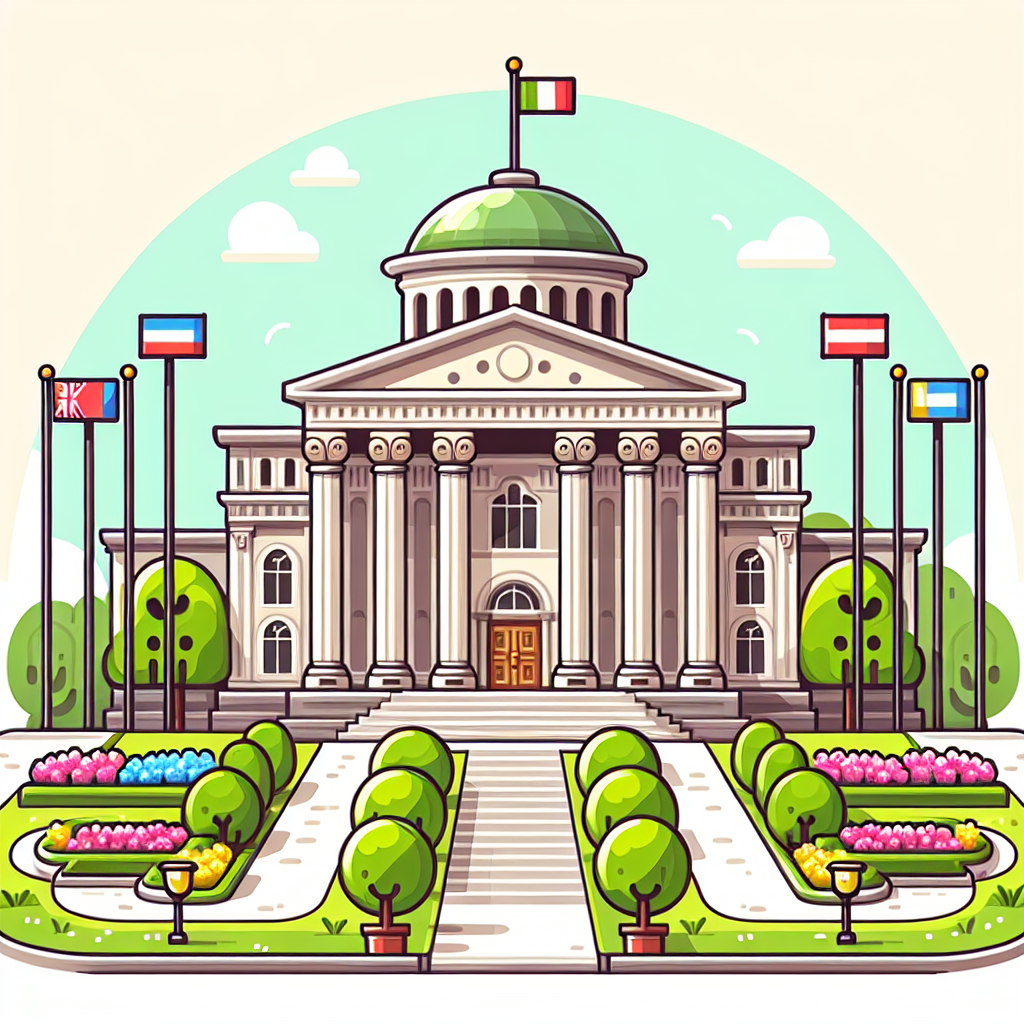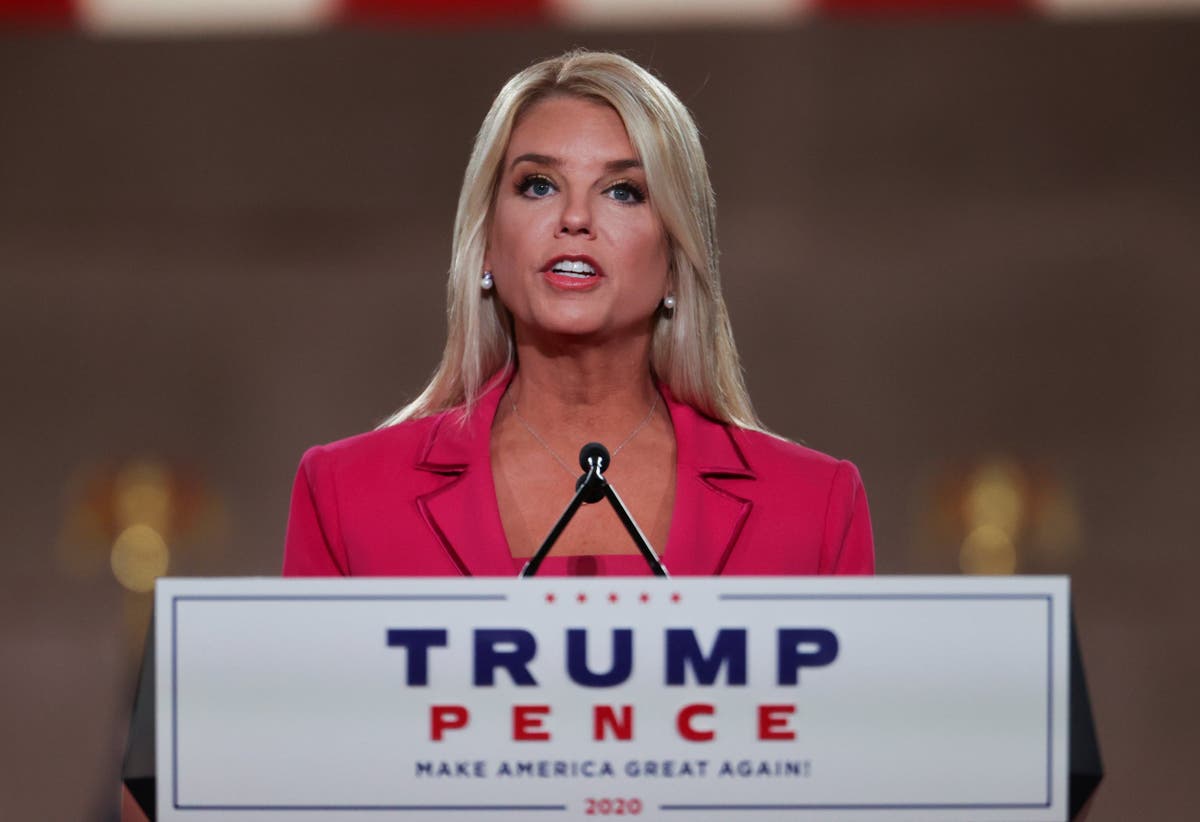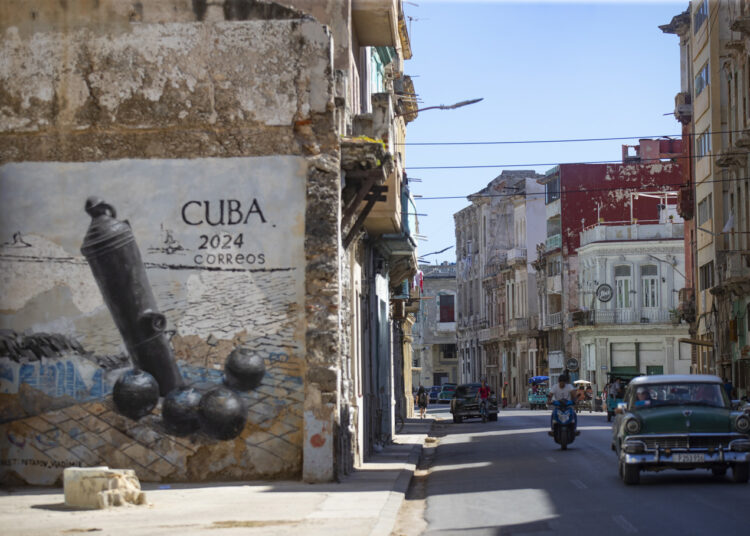
Article content YPRES, BELGIUM — With autumn leaves falling and cold weather approaching, it’s time to turn our attention to remembering those who fought for our freedom. And there is perhaps no more special place on Earth to spend the days leading up to Nov. 11 than Flanders Fields, a region in northwestern Belgium steeped in First World War history — and the blood of soldiers — and immortalized in Canadian physician Lt.
-Col. John McCrae’s poem. It’s an unforgettable journey that every Canadian should experience at least once.
This year, a delegation of Indigenous representatives and relatives of First World War soldiers made that journey to commemorate fallen Indigenous Canadian service members and veterans at ceremonies and events throughout Belgium leading up to Remembrance Day. The group is led by Honorary Capt. Debbie Eisan , an elder of the Mi’kmaw Native Friendship Centre , who described the journey as the trip of a lifetime.
“As a 36-year veteran of the Royal Canadian Navy, to be able to bring ceremony and blessings to our fallen in Flanders Fields is incredibly special,” she said. After Germany invaded Belgium on Aug. 4, 1914, nearly 650,000 Canadians and Newfoundlanders enlisted in the military.
Nearly 425,000 soldiers were shipped overseas as part of the Canadian Expedition Force to the brutal shelling and trench warfare in the muddy fields of the Western Front, which soon settled into a stalemate, with both sides suffering massive casualties. Recommended video In honour of the more than 4,000 First Nations, Inuit and Metis people who served in the First World War, the delegation was invited to the country by Visit Flanders — a Belgian destination management organization that also coordinates First World War historical programs often featuring Canada’s military service and sacrifice connected to the Flemish region. “Visit Flanders wants to make visitors aware that people from a wide variety of diverse backgrounds from countries like Canada came to fight and strive for peace,” Visit Flanders Heritage Coordinator Veerle Viaene said.
“They often did not receive the recognition they deserved during and after the war. We want to give them that respect in Flanders Fields and express our eternal gratitude for their efforts.” By the time the Great War ended in 1918, more than 66,000 Canadians had been killed and more than 172,000 wounded.
Some 30,000 of the Canadians killed between 1914-18 laid down their lives in Belgium – where Remembrance Day is a national holiday and the people are forever grateful to the British Commonwealth soldiers who liberated their country. “This recognition by the Belgian people for our First Nations during Indigenous Veterans Day (Friday) is meaningful and will have impact right across Turtle Island,” said Regional Chief for Nova Scotia Andrea Paul , who will participate in the commemorative events on behalf of the Assembly of First Nations. “We will be bringing intentions for all those who served and are now commemorated in Flanders Fields, which we consider a sacred ground,” she added.
The descendants of two highly-decorated Canadian Indigenous soldiers – Pte. Alex Decoteau and Cpl. Sam Glode – also made the trek to Flanders to take part in ceremonies honouring their relatives.
Jeff Purdy , a councillor with Wasoqopa’q-Acadia First Nation who is the great-great-grandson of Glode, travelled from Nova Scotia to pay tribute to his ancestor at an annual ceremony in Passchendaele. Glode, a Mi’kmaw man from Nova Scotia, joined the Canadian Expeditionary Force in 1915 and served in the Canadian Engineers. In 1918, he was awarded the Distinguished Conduct Medal for bravery in action – the second-highest award that could be given at the time to soldiers of the British Empire, topped only by the Victoria Cross.
He returned home to Nova Scotia after the war and died in 1957 at the age of 77. And Rick Decoteau, who grew up hearing stories about his legendary great-uncle, travelled all the way from Fraser Lake, B.C.
, with his wife Melinda to be on hand for the unveiling of a plaque honouring his ancestor, which will be installed near the location where he was fatally wounded during the second Battle of Passchendaele in 1917. Alex Decoteau was an Indigenous soldier who competed as a long-distance runner in the 1912 Olympic Games in Stockholm, Sweden, and became the first native member of a municipal police force in Canada. He resigned from the Edmonton City Police to join the army in 1916 and was killed by a German sniper the next year.
“It is a deeply humbling experience to be part of this ceremony honouring Alexander Decoteau,” Corps Sgt.-Maj. Christa Laforce – in Belgium representing the Edmonton Police Service who helped fund the memorial in Decoteau’s name – said this week.
“As a proud member of the Edmonton Police Service and Canada’s first Indigenous police officer, Alex’s legacy as an accomplished athlete and courageous solider exemplifies the values we hold dear – integrity, courage, and dedication to community,” she said. “This recognition reminds us of his enduring spirit and the sacrifices made by Indigenous veterans, ensuring their stories and contributions are never forgotten.” Lest we forget.
– The Toronto Sun’s Chris Doucette, a veteran of the Canadian Armed Forces who served in the Royal Canadian Regiment, is in Belgium and will be visiting memorial sites and attending ceremonies leading up to Remembrance Day. [email protected] @sundoucette.














